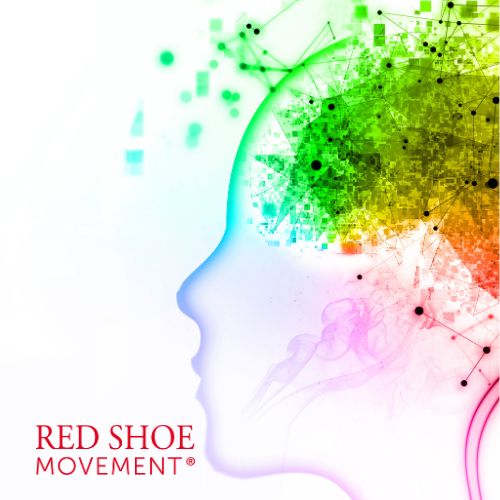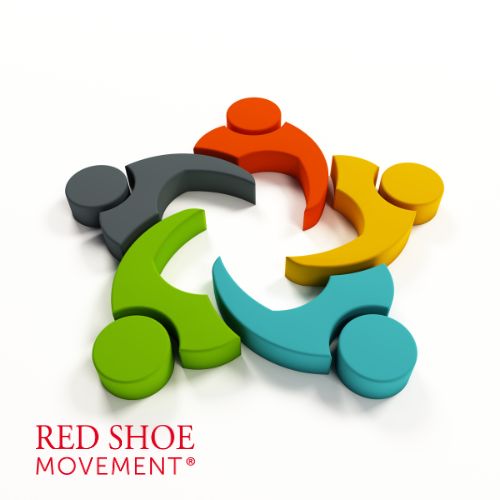The COVID-19 pandemic redefined the global workforce, propelling remote work into the mainstream and sparking widespread interest in the digital nomad lifestyle. Combining work with the freedom to explore the world, digital nomadism is no longer a fringe movement but a transformative trend reshaping how professionals live and work.

What Are Digital Nomads?
Digital nomads are professionals who leverage technology to work remotely while traveling. Unlike traditional remote workers who often have a fixed home base, digital nomads adopt a fully location-independent lifestyle. Equipped with laptops and reliable internet connections, they conduct business, collaborate with teams, and manage projects from anywhere in the world.
According to a study by MBO Partners, 16.9 million Americans identified as digital nomads in 2022, a significant rise from pre-pandemic numbers. This includes both freelancers and employees with traditional jobs who have transitioned to location-independent work. Popular roles among digital nomads include IT specialists, marketers, writers, software developers, and graphic designers.
Popular Destinations for Digital Nomads
Countries and companies have embraced the growing trend by offering nomad-friendly environments. Destinations like Argentina, Croatia, Thailand, Portugal, Mexico, and Georgia are leading the way, providing long-term visas and infrastructure tailored to remote workers. For instance:
- Croatia’s Digital Nomad Visa offers a one-year residency with no income tax.
- Portugal’s D7 Visa allows remote workers and retirees to live and work in the country.
Take a look at the list of best nomad visa’s out there.
Programs like Airbnb’s Live Anywhere initiative and platforms such as Blueground Nomads.com have made it easier for nomads to find work-friendly accommodations worldwide.

Benefits and Challenges of Digital Nomadism
Advantages
- Flexibility: Nomads have the freedom to choose their environment and schedule.
- Cultural Exposure: Living in diverse locations fosters creativity and global awareness and it can help you become a better global citizen.
- Cost Savings: Many digital nomads move to regions with lower living costs.
- Enjoy Better Health: Being a digital nomad allows you to prioritize your wellbeing and structure your work hours to fit your lifestyle.
- Being Part of a Global Community of Likeminded people: You can easily connect with like-minded individuals from all over the world, sharing experiences and learning from others
Challenges
- Regulations: You need to be on top of the tax regulations in your country and in your host country.
- Organizational Skills & Self-Motivation Required: If you’re not someone who has an easy time motivating yourself and keeping your tasks and deliverable on track, the digital nomad life may not be for you. Working on your own, in a different time zone than most of your colleagues at work, without any in-person interaction, may not be the most conducive environment for you to flourish.
- Work-Life Balance: Blurring boundaries between work and leisure can lead to burnout, particularly if you’re working all the time given time zone differences and trying to compensate for not being in person in the office.
- Infrastructure: Stable internet and reliable power can be inconsistent in some regions.
- Not Enough Interpersonal Connection: Often, being a digital nomad means that you don’t work in person with a team of people. The lack of interaction in person can be the source of distress and feelings of isolation or loneliness which can affect your health.
- Staying connected with clients and colleagues across time zones can be a logistical challenge, often necessitating non-traditional working hours and using tools like Slack or Zoom to maintain smooth communication.

Is Digital Nomadism for Everyone?
While the lifestyle offers unparalleled freedom, it may not suit everyone. As you can see in the list of advantages and disadvantages, there are certain personalities that would do better than others in this type of work-life arrangement. In addition, depending on your life stage or circumstances, it may or may not be something for you to try right now. For example, if you are a Gen Z, single professional with few responsibilities that tie you down to a specific location, it may be the perfect time in your life to try this work modality.
On the other hand, professionals with families or those tied to local obligations may find frequent relocations impractical. Although some can use it as an adventure and a learning experience to try with young children and there are many cases of families who have rented (or purchased) a sailboat or a mobile home where they work and with which they travel the world.
The digital nomad revolution continues to redefine what it means to work in the 21st century. By fostering adaptability and innovation, it is reshaping the global economy and offering new paths for professional and personal fulfillment. Are you ready to give it a try?


























































































































































































